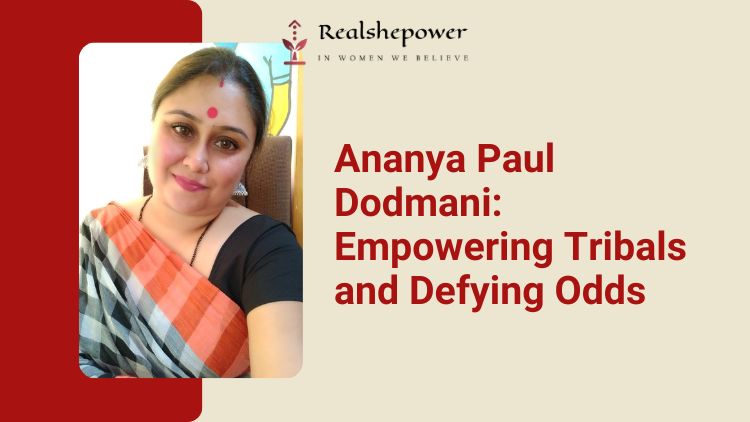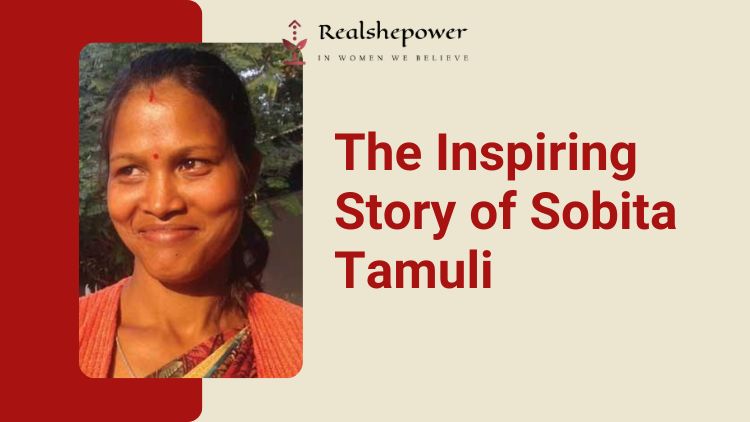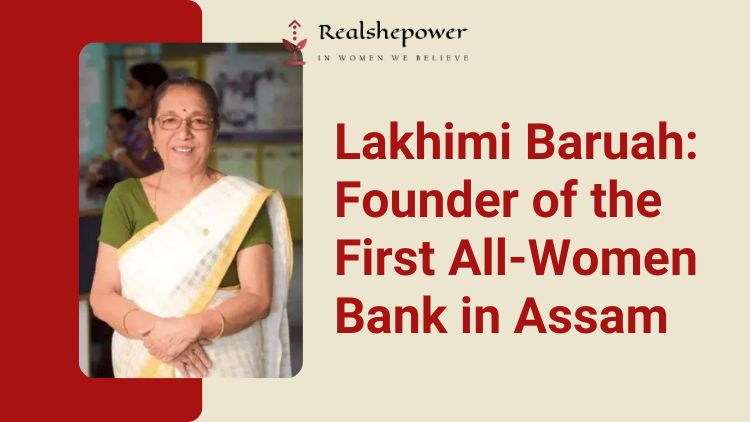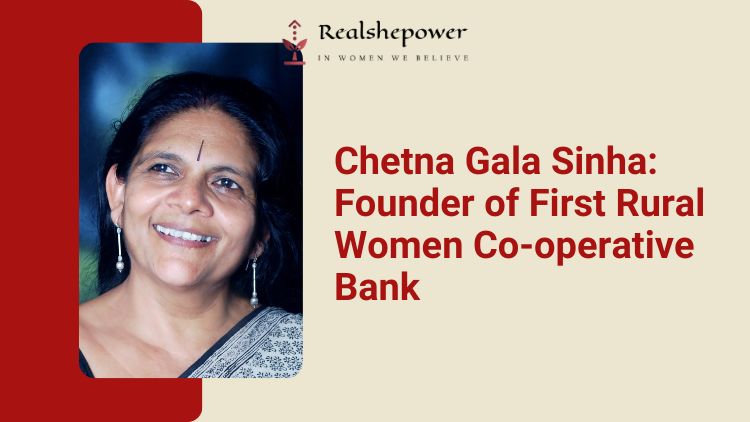Ananya Paul Dodmani’s Unwavering Commitment to Tribal Empowerment


In a world where the marginalized are often forgotten, Ananya Paul Dodmani stands out as a beacon of hope. Recipient of the prestigious Karmaveer Chakra in 2019, Ananya’s work among tribal communities in Assam and Uttara Kannada district, Karnataka, has been nothing short of extraordinary.
What began as a humble campaign under the shade of a banyan tree two decades ago has now blossomed into a network of 160 education centers, scattered across tribal areas throughout the country. The impact of Ananya’s organization, Tribal Connect, is felt through the 700 dedicated volunteers who tirelessly strive to bring about positive change in the lives of these marginalized communities. Moreover, Ananya’s health awareness campaign has successfully reached over sixty thousand tribal women, empowering them with vital knowledge. Yet, her dedication doesn’t stop there. Ananya has opened her heart and home to thousands of orphaned tribal children who otherwise had no one to care for them.
However, the path to making a difference is never easy. Ananya has faced numerous challenges throughout her journey. She once suffered a serious attack, leaving her battered and wounded. But she remained resolute, unwavering in her commitment to uplift tribal communities. Her belief is simple yet profound: one must live a meaningful life before facing the inevitable end.
Ananya’s inspiration stemmed from her school days when she noticed something amiss among her tribal classmates. The heart-wrenching reality unfolded during summer vacations when Santhal classmates, residing in the school hostel, would visit their villages but never return. Tragically, these absences were often attributed to malaria, leading to mournful moments of silence in the school. Witnessing such incidents repeatedly fueled Ananya’s determination to bring about change.
Despite the global attention and opinions surrounding the struggles of tribal societies in Northeast India, the harsh truth remains that the lives of innocent individuals within these communities are filled with immense hardships. They yearn for compassionate souls who can heal their wounds and guide them out of the abyss of illiteracy and exploitation. But where are those deeply concerned individuals? This is where individuals like Ananya Paul Dodmani step in, their work assuming monumental importance. Born in Lumding, Assam, into a Bengali family, Ananya grew up surrounded by tribal neighbors. From an early age, she displayed an unwavering commitment to truth and honesty, far removed from deceit.
The glaring disparities and deaths she witnessed from her childhood days gnawed at her conscience. There came a moment of realization when she accompanied her domestic help to a shop, observing an elderly tribal woman already present. The shopkeeper, taking advantage of the woman’s illiteracy, charged her double the price for an item, conveniently keeping the change for himself. This unjust act shocked Ananya to her core.
At that tender age, she made a vow to teach tribal children the value of money, how to read and write, and familiarize them with shop signs. And so, armed with stories for the wandering little ones, Ananya embarked on imparting basic education to them. Like angels rallying behind a noble cause, other school friends joined her campaign, and every weekend, this group of passionate teenagers ventured into tribal villages, offering the gift of knowledge.
After completing her 12th grade, Ananya arrived in Kolkata for further studies. It was during this period that a life-altering incident occurred. In 2002, her father was abducted by militants. Held captive for several days, he endured unimaginable torture, while the captors demanded a ransom from his business partner. In a stroke of sheer luck, during a heavy downpour and the kidnappers’ intoxicated state, Ananya’s father managed to escape their clutches.
This harrowing event shook the entire family to its core. Fueled by curiosity and a desire to understand the motivations behind such acts, Ananya, now a student of Criminal Psychology at Kolkata University, resolved to spread education among the very people who had turned to crime. She believed that by educating them, future generations would seek lawful means to earn a living and lead better lives.
Her transformative journey began in the same village where her father had suffered captivity. It was the year 2003, and with limited resources, she discussed her plan with the villagers, hoping for their support. Unfortunately, they were hesitant to cooperate. Undeterred, Ananya established her study center beneath a majestic banyan tree in the village, starting with just five eager children. Providentially, her life partner, a South Indian man deeply passionate about tribal upliftment, shared her vision. After their marriage in 2005, Ananya relocated to Hubli, Karnataka, but her commitment to tribal empowerment remained steadfast, with Uttara Kannada becoming her new canvas for change.
Ananya Paul Dodmani’s journey is one of resilience, empathy, and unwavering determination. From the shadows of a banyan tree to the hearts of thousands of tribal communities, she has brought light to those shrouded in darkness. Her remarkable work reminds us that it only takes one person to ignite change and uplift marginalized communities. With every triumph, Ananya reaffirms the power of education, compassion, and the unwavering spirit of a maverick.
Sobita Tamuli – The Innovative Entrepreneur from a Small Village of Assam

Business is not just everyone’s cup of tea. It takes a lot of dedication, perseverance, hard work and time. When we see Sobita Tamuli, we feel she is just another small village housewife, who is busy with her chores. But we are quite mistaken; Sobita is a very successful businesswoman of two major flourishing brands in the local markets of Assam.
Lakhimi Baruah: The Founder of First “All-Women” Bank in Assam, India

In 1998, Lakhimi Baruah started Konoklota Mahila Urban Cooperative Bank (KMUCB) in Jorhat district of Assam, India. Lakhimi wanted to make women from underprivileged backgrounds financially independent and secure. Thus she started a bank for women by women.
The power of Benevolence Blended with Valor: Chetna Gala Sinha, Founder of First Rural Women Co-operative Bank

We tend to notice too many inequities around us. But how many of us would abandon our hectic yet posh life to go after such imbalance, disparities, and problems seen in our society? Most of us would either feel sad and then forget or give some donations and feel less guilty but Chetna Gala Sinha is a different brand of a powerhouse.
